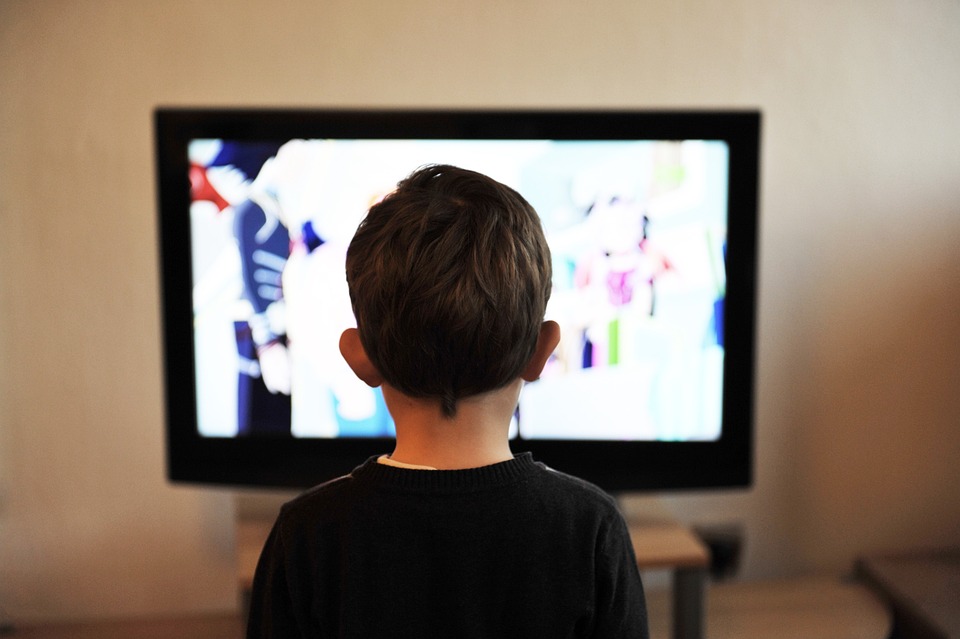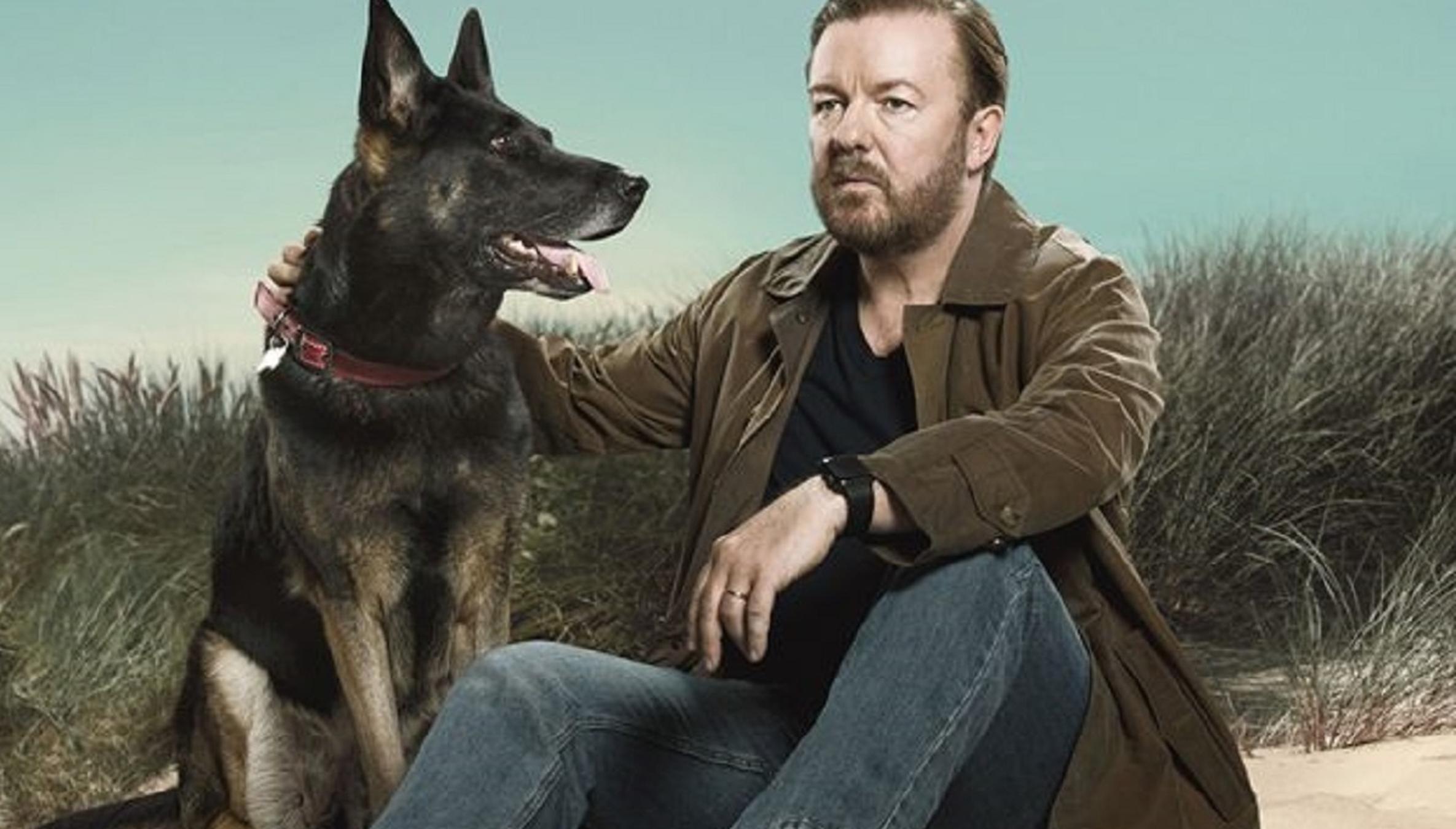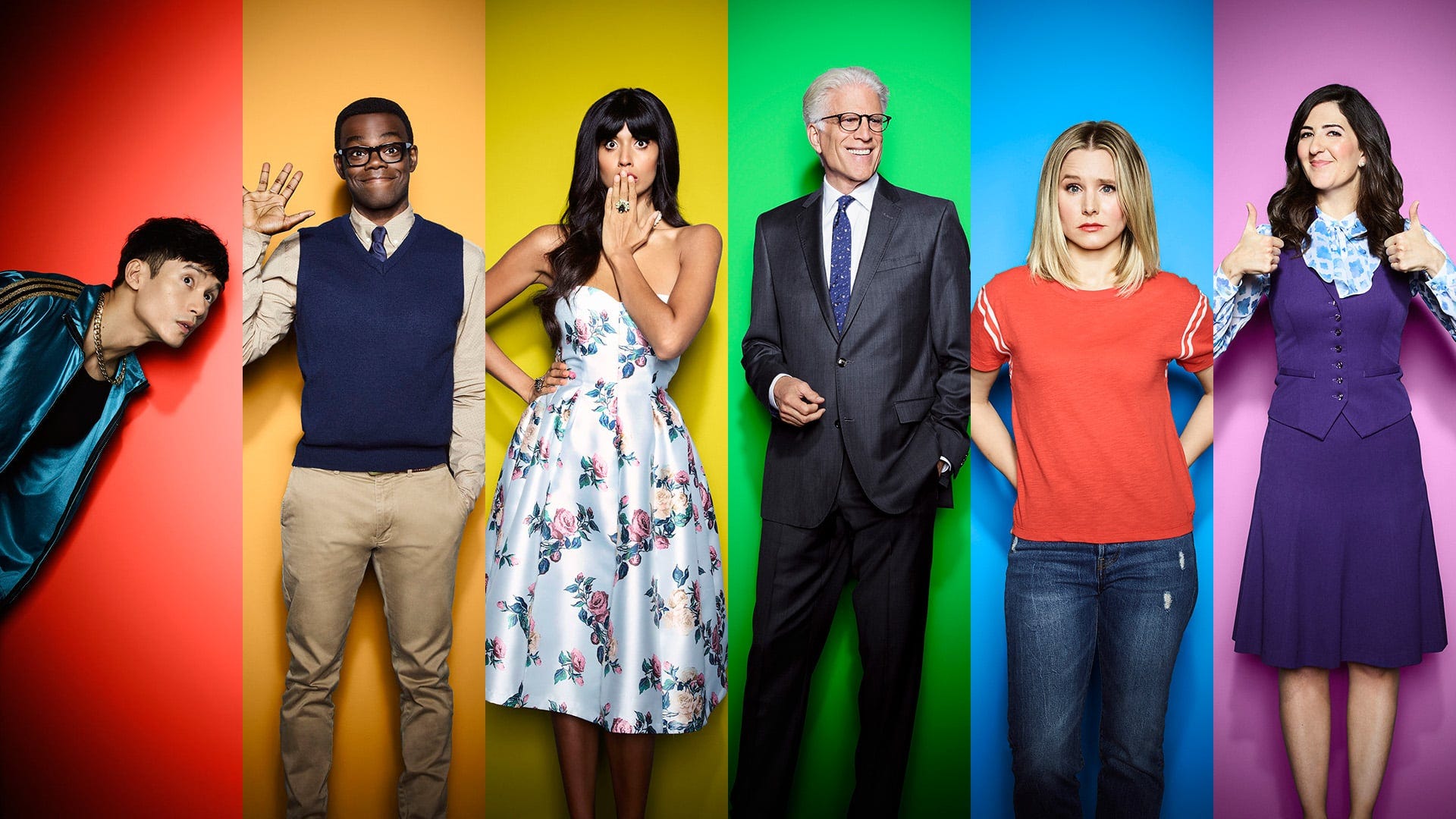In 2001, I went on my honeymoon to Capri off the coast of Italy. In a sea cave known as the Blue Grotto, I nearly drowned.
I had swum inside the cave to find a young man treading water. He had been unable to find his way out (the cave exit was beneath the waterline) and he was tired and in distress. In his panic, he tried to grab me and use me to keep him afloat. But of course his weight simply pushed us both under.
I remember the air leaving my lungs and the strength leaving
my limbs. The only reason I found the energy to break free was because I knew it would
be horribly embarrassing to die three days into married life.
Luckily my husband was outside the cave and he was able to send in some life jackets to rescue the young man. At the time, when I’d recovered my composure, I just filed it away as a funny story to tell at dinner parties and put the whole thing to the back of my mind.
Or so I thought.
Several months later my
husband and I were in Australia on a scuba-diving trip. We hadn’t dived for
ages and I was really looking forward to it. We’re both qualified; in fact I’m
a certified PADI Rescue diver.
But as soon as we entered the water, I panicked. The waves
splashed against my mask, and I felt my chest close up. I couldn’t breathe,
and I had to abandon the dive and get back on the boat.
What happened? It was a delayed reaction from my
near-drowning months earlier in Capri. Something that I had laughed off as a
strange experience suddenly resurfaced in the most dramatic way, and it was
some time before I could dive again without hyperventilating.
The point of this story is that things can affect us even
when we think they haven’t. And as we approach 2021, we need to be aware of the
long-term impact of the coronavirus pandemic on our mental health.
Lockdown, social distancing, isolation – all have taken
their toll. According to the president of the Royal College of Psychiatry, the coronavirus
pandemic is the biggest hit to mental health since World War 2. And according
to the charity MIND, there’s been a 15 per cent
increase in urgent referrals of people suffering mental health crises since
March. Even when the pandemic is done, many of us may continue to feel the effects for a while longer
So my New Year’s resolution is to take more time to check with my loved ones on how they're really doing. To not automatically accept their ‘fine, thanks’ at
face value. And above all, to let people know it’s okay not to be okay. Because
sometimes we aren’t, and we shouldn’t try to dismiss it.
If you love Cassandra Clare, Shadowhunters, urban fantasy or paranormal romance, click on the picture or https://bit.ly/3rFv4ac for a chance to win gifts and books including a box set of ”The Mortal Instruments” Series, a hardcover copy of ”The Shadowhunter’s Codex”, a paperback copy of ”From Blood and Ash” by Jennifer L. Armentrout, & a $20 Amazon Gift Card. Closing date is January 5th 2021 at 11.45pm UTC.
Happy New Year, everyone!













 For Star Wars afficionados, this is set after the events of
The Return Of The Jedi when the Empire has fallen. For those who aren’t nerds,
it follows the adventures of a supercool bounty hunter in a galaxy far, far away.
Mando is a warrior who abides by the strict rules of the Mandalorian Code (“it
is the way”) who brings in the universe’s Most Wanted for a living. Then he’s
tasked with delivering a ‘package’ which his moral compass won’t allow him to
hand over. No surprise, when his client has ‘EVIL’ practically stamped on his
forehead. Oh, and the ‘package’ turns out to be a Baby Yoda. You don’t have to
be a Star Wars fan to enjoy this.
For Star Wars afficionados, this is set after the events of
The Return Of The Jedi when the Empire has fallen. For those who aren’t nerds,
it follows the adventures of a supercool bounty hunter in a galaxy far, far away.
Mando is a warrior who abides by the strict rules of the Mandalorian Code (“it
is the way”) who brings in the universe’s Most Wanted for a living. Then he’s
tasked with delivering a ‘package’ which his moral compass won’t allow him to
hand over. No surprise, when his client has ‘EVIL’ practically stamped on his
forehead. Oh, and the ‘package’ turns out to be a Baby Yoda. You don’t have to
be a Star Wars fan to enjoy this. Ah, the agonies of 16 year old Otis, whose sex therapist mother
constantly tries to have frank chats with him about masturbating and intercourse.
In a twist of fate, he ends up as a councillor to his fellow school-goers
thanks to the business skills of his secret crush, badass Maeve. Warning – some
scenes are excruciatingly embarrassing to watch with your teenage kids and it’s
probably not suitable for under 15s. But it’s a glorious series, funny, moving,
utterly absorbing, with outstanding performances by the cast.
Ah, the agonies of 16 year old Otis, whose sex therapist mother
constantly tries to have frank chats with him about masturbating and intercourse.
In a twist of fate, he ends up as a councillor to his fellow school-goers
thanks to the business skills of his secret crush, badass Maeve. Warning – some
scenes are excruciatingly embarrassing to watch with your teenage kids and it’s
probably not suitable for under 15s. But it’s a glorious series, funny, moving,
utterly absorbing, with outstanding performances by the cast. Billy Bob Thornton won a Golden Globe for his performance as
a washed-up attorney, his glory days behind him, who suddenly finds himself in
the middle of a high-octane case that threatens those around him. Thornton plays
the anti-hero Billy McBride perfectly, a beguiling mix of fiercely intelligent lawyer
and low-life scumball in this clever,
twisty legal drama.
Billy Bob Thornton won a Golden Globe for his performance as
a washed-up attorney, his glory days behind him, who suddenly finds himself in
the middle of a high-octane case that threatens those around him. Thornton plays
the anti-hero Billy McBride perfectly, a beguiling mix of fiercely intelligent lawyer
and low-life scumball in this clever,
twisty legal drama. A dark comedy from Ricky Gervais, who plays Tony, a man sent
spiralling into misery and depression after his wife dies of cancer. If that
sounds like a downer, don’t worry. There are enough laugh-out loud moments to
save this show from being a maudlin tearjerker. It explores grief, yes, but
also hope and humanity.
A dark comedy from Ricky Gervais, who plays Tony, a man sent
spiralling into misery and depression after his wife dies of cancer. If that
sounds like a downer, don’t worry. There are enough laugh-out loud moments to
save this show from being a maudlin tearjerker. It explores grief, yes, but
also hope and humanity. And the total opposite of After Life is The Good Place, a feelgood
comedy about heaven and hell. It follows the adventures of Eleanor, the kind of
person who sells fake medicine to the elderly for a living, who ends up in
heaven. A clerical error, surely, and she spends most of season 1 trying to
hide the fact from angel Michael played by the fabulous Ted Danson. But then
there’s a twist…. A heart-lifting piece of escapism about a band of lovable
misfits trying to become better people. What’s not to like?
And the total opposite of After Life is The Good Place, a feelgood
comedy about heaven and hell. It follows the adventures of Eleanor, the kind of
person who sells fake medicine to the elderly for a living, who ends up in
heaven. A clerical error, surely, and she spends most of season 1 trying to
hide the fact from angel Michael played by the fabulous Ted Danson. But then
there’s a twist…. A heart-lifting piece of escapism about a band of lovable
misfits trying to become better people. What’s not to like?



